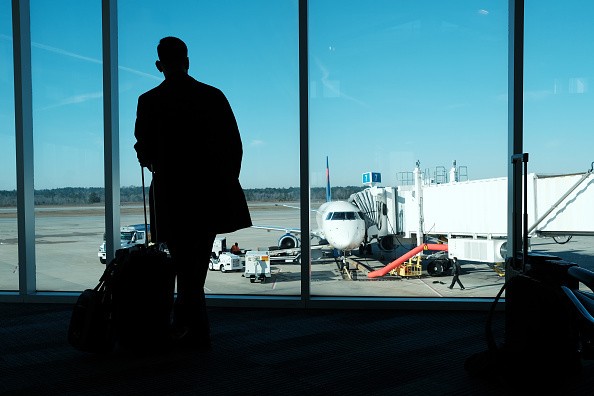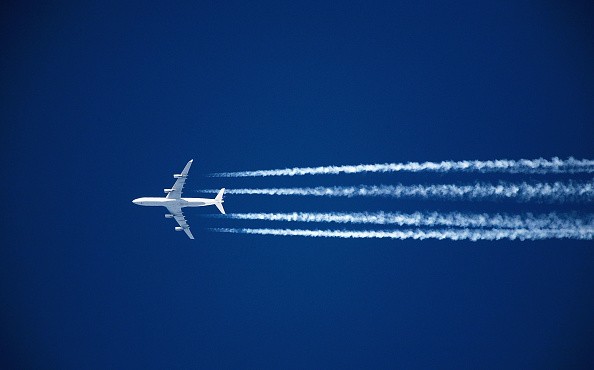Right now, travel technologies are becoming more advanced to ensure safety, as well as enhance the experiences of people visiting other countries. This new trend started to rise after the COVID-19 pandemic began.

United Airlines and other travel agencies are partnering with various medical and tech firms to develop innovations that would keep their consumers safe when they are going to other places.
Rev Fine provided some of the top technologies that played major roles in the travel industry during the ongoing health crisis. Here their important details you need to know:
Top Travel Technologies During COVID-19
Recognition Innovations
As of the moment, many governments across the globe are still requiring their residents to wear masks and other PPEs to prevent the further spread of the novel coronavirus.
But, this could pose some issues when they are traveling to other regions since their faces would be difficult to identify. Since this is the case, more efficient facial recognition, retina scanning, fingerprint recognition, and other biometric identifier techs were introduced.
Contactless Payment
Being able to settle your travel fee without making any physical contact with other travel agency staff is also essential. Recently, many medical experts claimed that COVID-19 could be transmitted via objects or solid areas.
Because of this, financial firms, such as banks, decided to integrate the contactless feature into their services.

Also Read : Apple's Health, Heart Rate, Workout , and MORE Apps Could Now Be Rated, Reviewed on App Store
AI Chatbots
Automated chatbots are also quite essential, especially since United Airlines and other international travel companies recently laid off some of their employees.
Chatbots are responsible for providing quick answers to travelers' concerns.
Aside from artificial intelligence, contactless payment, and biometric identifier techs, there are also other innovations being enhanced to make make your travels safer and more convenient, such as the following:
- CyberSecurity Measures
- IoT (Internet of Things)
- Virtual Reality
Right now, various firms and travel agencies are partnering with one another to develop these kinds of technologies. This can be seen in the latest United Airlines and Apple Health app collaboration.
Mental Health Techs on the Rise as Well
Travel techs are not the only innovations that are being enhanced to keep people safe. Tech Wire Asia reported that ASEAN health tech firms are also making a difference to help residents have a good mental health status.
These include the following mental health apps:
- Arooga Health
- Intellect
- Naluri
- Ooca
- Riliv
For more news updates about other health-related innovations, always keep your tabs open here at TechTimes.
Related Article : Mobile Apps That Can Help You Manage Your Anxiety
This article is owned by TechTimes
Written by: Griffin Davis
ⓒ 2026 TECHTIMES.com All rights reserved. Do not reproduce without permission.




